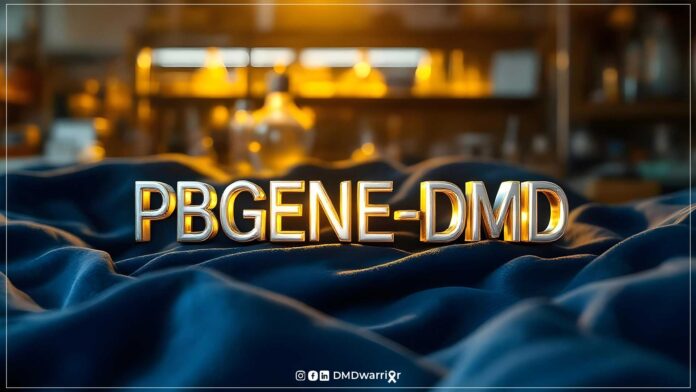Precision BioSciences, a clinical stage gene editing company utilizing its novel proprietary ARCUS® platform to develop in vivo gene editing therapies for diseases with high unmet need, today announced that the U.S. Food and Drug Administration (FDA) has granted Rare Pediatric Disease Designation for PBGENE-DMD for the treatment of Duchenne muscular dystrophy (DMD).
Table of Contents
Near Full-Length Dystrophin Protein
“The receipt of Rare Pediatric Disease Designation highlights the significant unmet need that necessitates new therapeutic options for boys living with DMD,” said Cindy Atwell, Chief Development and Business Officer at Precision BioSciences. “Our first-in-class PBGENE-DMD program, which leverages the differentiated capabilities of our ARCUS gene editing platform to excise exons 45-55 of the dystrophin gene, holds the potential to drive meaningful improvement and durable functional benefit over time for up to 60% of patients with DMD. Our approach is designed to permanently edit a patient’s own DNA sequence, resulting in naturally-produced, near full-length dystrophin protein known to be functional in humans. We look forward to completing the final IND-enabling toxicology studies currently underway and generating initial clinical data which is expected in 2026.”
What is PBGENE-DMD?
PBGENE-DMD is Precision’s development program for the treatment of DMD. The approach uses two complementary ARCUS nucleases delivered via a one-time administration in a single AAV to excise exons 45-55 of the dystrophin gene with the aim of restoring near-full length dystrophin protein within the body to improve functional outcomes. PBGENE-DMD is intended to address more than 60% of the DMD patient population.
In preclinical studies, PBGENE-DMD demonstrated the ability to target key muscle types involved in the progression of DMD and produced significant, durable functional improvements in a humanized DMD mouse model. PBGENE-DMD restored the body’s ability to produce a near full length functional dystrophin protein across multiple muscles, including cardiac tissue and various key skeletal muscle groups. In addition, PBGENE-DMD edited satellite muscle stem cells, believed to be critical for long-term durability and sustained functional improvement.
Learn More: Precision BioSciences PBGENE-DMD Restores Production of Nearly Full-Length Dystrophin Protein



